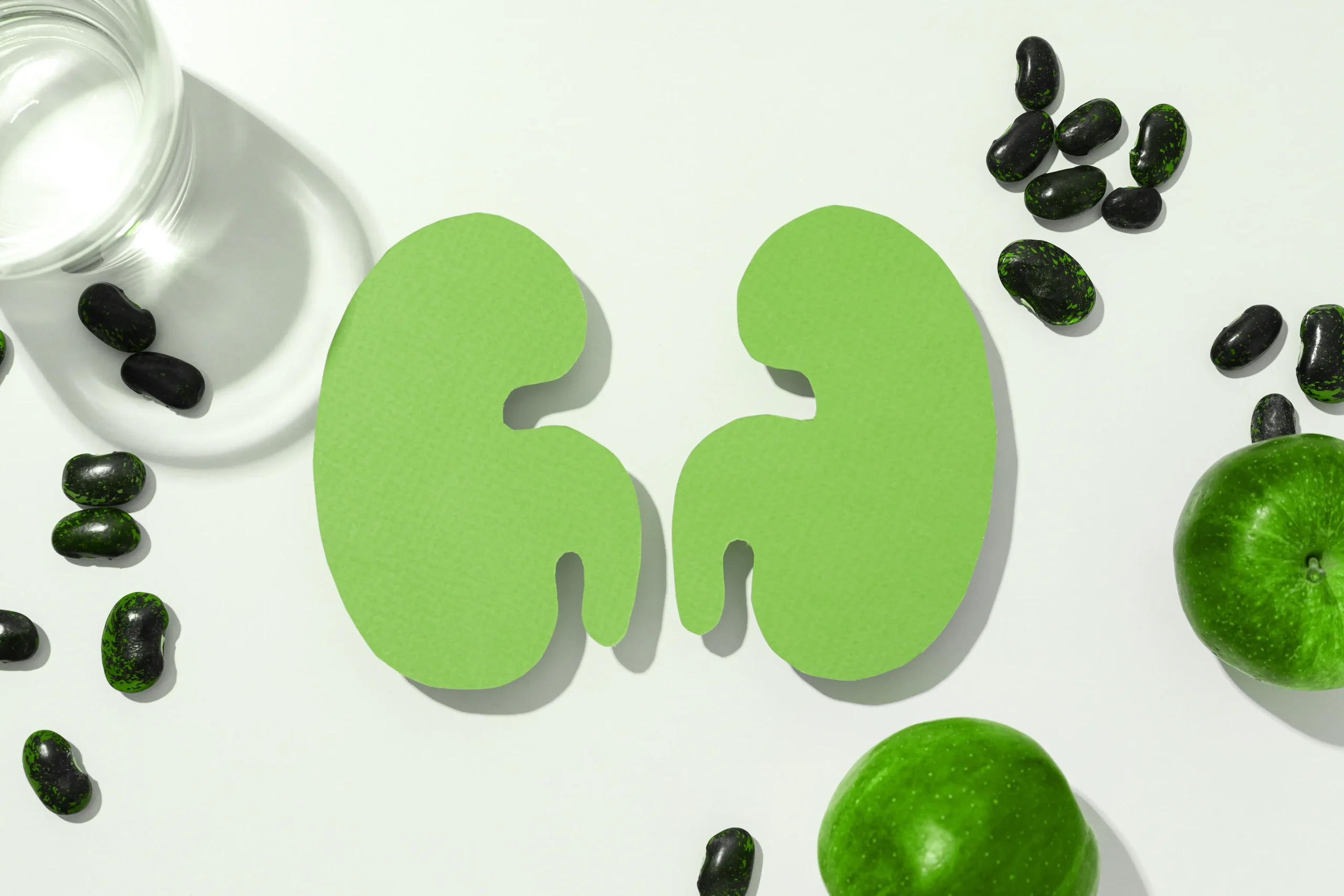Living your Best Life – What does a Healthy Immune System have in Common with a Dragon?
A well-working immune system prevents germs from entering your body like white knights slaying a dragon. White blood cells charge into battle at any sign of trouble and kill germs or limit their harm if they get in. When this system recognises an invader, it goes into action immediately. The cells of the immune system surround and engulf the invader. The invader is killed inside the immune system cells.
So, just like the rest of your body, your immune system needs nourishment, rest, and a healthy environment to stay strong. It is made of up a complex collection of cells and organs that all work together to protect you from germs and help you get better when you’re sick.
Certain lifestyle changes can boost your immune system and help you avoid illness. To keep your immune system running smoothly, you should:
- Quit smoking
- Lose weight or maintain a healthy body mass
- Eat a healthy diet that includes lots of fruits and vegetables
- Avoid alcohol or use it only in moderation
- Get enough sleep
- Exercise regularly
- Wash your hands often
- Try to stress less and focus on mind/body wellness
- Make sure you’re up to date on vaccines
Tip: It is recommended by dieticians that you try to eat a wide variety of foods and aim to eat fruit and vegetables from every colour of the rainbow. This way your plate will be more enticing to look at and you will ensure that you’re getting as many health-boosting vitamins and nutrients as possible.
A few key micronutrients have been identified as critical for the growth and function of immune cells, including:
- Iron is a component of enzymes critical for immune cell function. Sources include red meat, beans, nuts and fortified breakfast cereals.
- Vitamin A helps protect against infections by keeping skin and tissues in the mouth, stomach, intestines and respiratory system healthy. Sources include orange and red fruits, and vegetables like carrots, apricots and bell peppers.
- Vitamin C stimulates the formation of antibodies, and the production, function, and movement of white blood cells. Sources include citrus fruits like oranges, grapefruit, strawberries and tomatoes.
- Vitamin D helps regulate antimicrobial proteins that can directly kill pathogens. Sources include sunlight; fatty fish, like salmon; egg yolks; and fortified dairy.
- Vitamin E works as an antioxidant to protect the integrity of cell membranes from damage caused by free radicals. Sources include seeds, nuts, vegetables oils and peanut butter.
- Zinc is needed for wound healing and supports immune response. Sources include meats, wholegrains, milk, seeds and nuts.
Do you need a multivitamin or mineral supplement?
A general multivitamin or mineral supplement providing no more than 100% of your recommended daily allowance can be used and is generally safe for many people. Your healthcare provider may recommend further supplementation based on your lab values or medical status.
Consult with your healthcare provider before beginning any supplement. Avoid “mega doses” or supplements that supply greater than 100% of your recommended daily allowance, as they often offer no additional benefit and can be harmful in some cases. Remember that supplements are not a substitute for a healthy diet, as they do not contain all the benefits in food.
And of course, never forget that you need to drink at least 8 glasses of water a day!
The lenmed Group is a world-class chain of Private Hospitals that brings quality healthcare to communities across Southern Africa.
For more information please contact:
Glennys Guanipa, Nutritionist Dietitian
Lenmed Maputo Private Hospital
Tel: +258 214 88 600/+258 879 371 541
Email: [email protected] or [email protected]
Disclaimer: Any information contained here is merely a guideline. Always visit your healthcare practitioner for any health-related advice or diagnosis.














